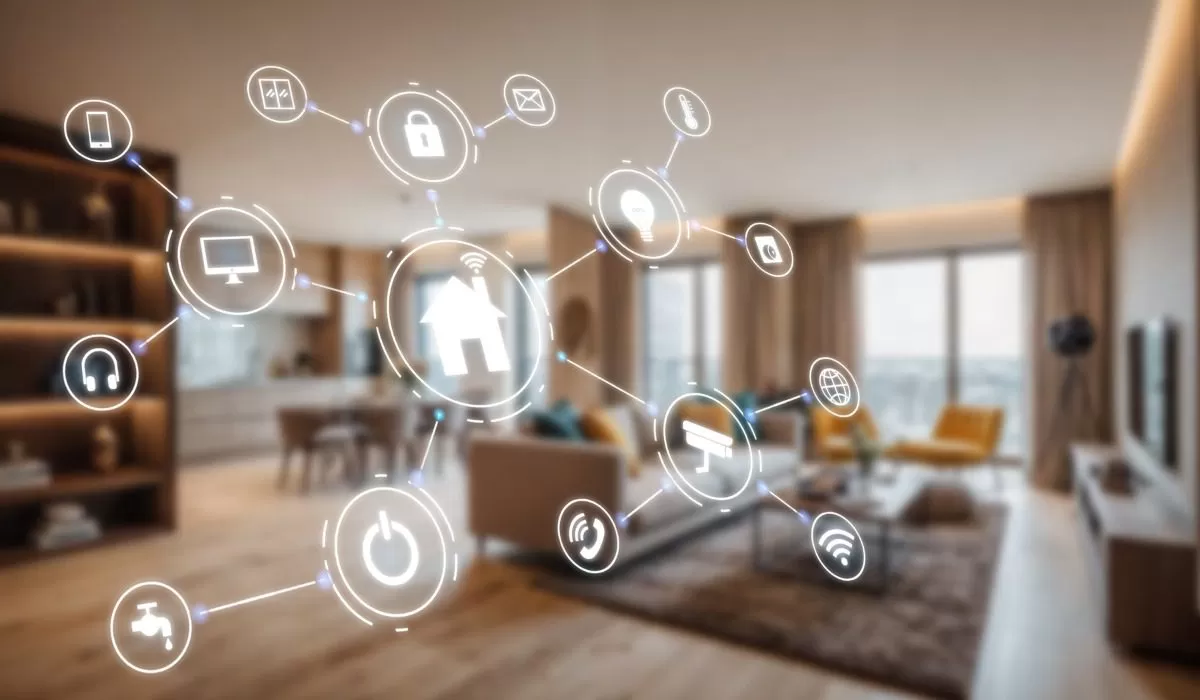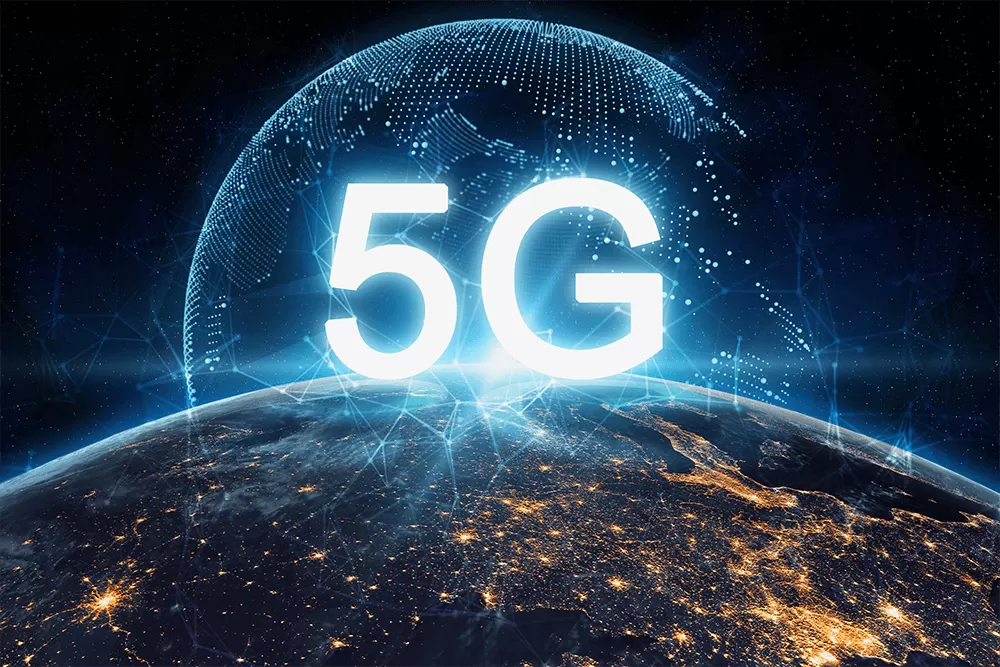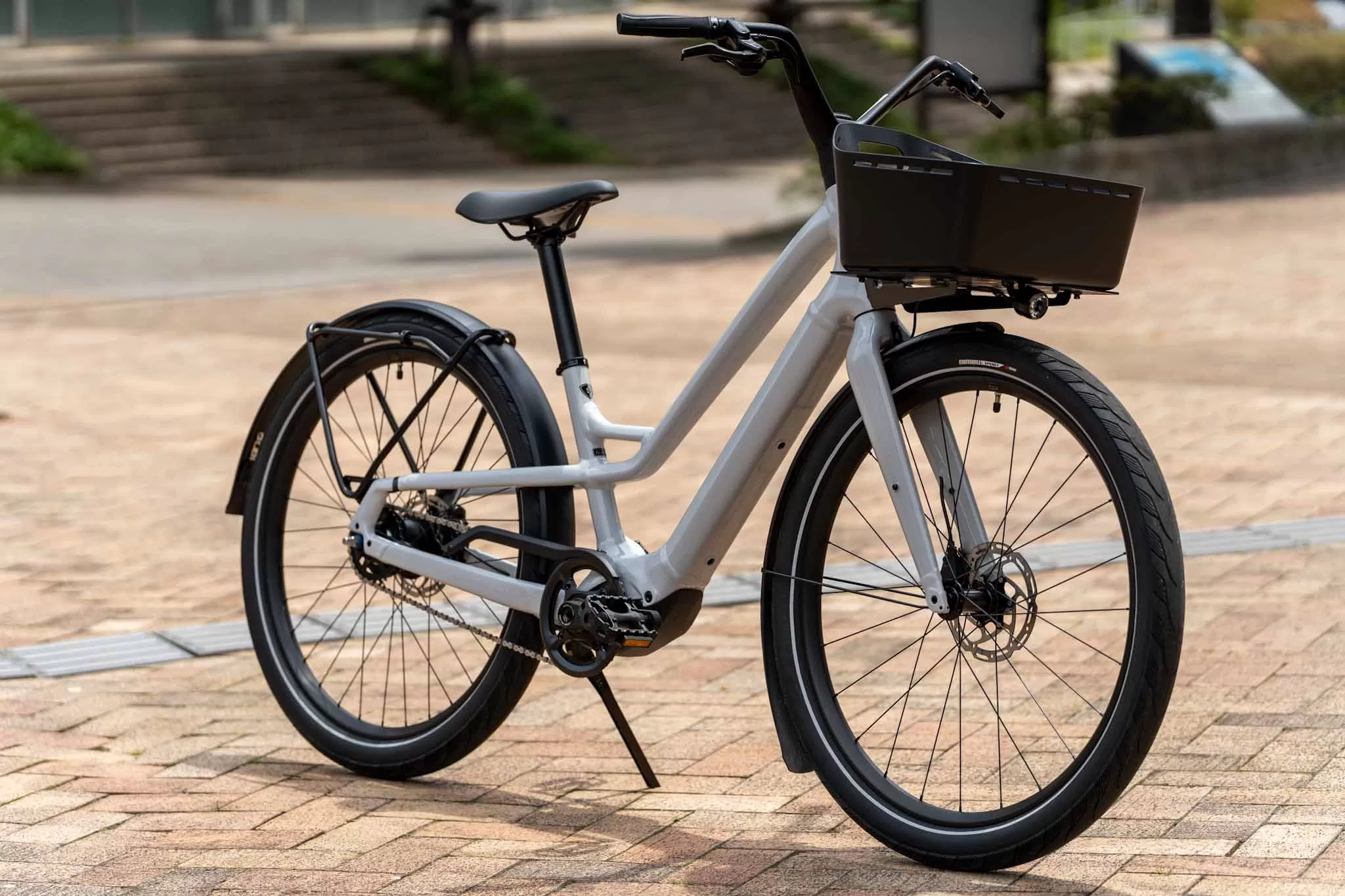Long COVID in 2025: A Public Health Crisis That’s Not Going Away
Smart Home Revolution: How IoT Is Redefining Modern Living

In 2025, the dream of a fully connected home is no longer science fiction. Smart lights, voice-controlled assistants, AI-powered security systems, and self-adjusting thermostats have moved from niche gadgets to mainstream essentials. Thanks to the rapid evolution of the Internet of Things (IoT), homes across the globe are undergoing a quiet yet powerful transformation. The smart home revolution isn't just about convenience — it's about energy efficiency, safety, health, and personalized living.
The Rise of the Connected Household
Over the past decade, smart home adoption has surged. According to market research firms, over 60% of U.S. households now own at least one smart home device, with the global market expected to exceed $170 billion by 2025. What began with simple Wi-Fi-enabled speakers has evolved into sophisticated ecosystems that control lighting, temperature, appliances, security systems, and even water usage.
Devices like Google Nest, Amazon Echo, Apple HomeKit, and Samsung SmartThings are now household names, seamlessly integrating into daily routines. Whether it’s a morning alarm that triggers a coffee machine or a motion detector that alerts you to a package delivery, these interactions are reshaping the way we live.
Energy Efficiency and Sustainability
One of the most impactful benefits of smart homes is their potential to reduce energy consumption. Smart thermostats like Nest and Ecobee use AI and user behavior data to adjust heating and cooling patterns, saving homeowners significant money while lowering carbon emissions.
Smart plugs and power strips can automatically cut electricity to devices not in use, and energy-monitoring apps provide real-time insights into where power is being wasted. Solar panel integration, smart water heaters, and automated window shades further extend the green capabilities of modern smart homes.
As climate change remains a top global concern, the role of connected homes in promoting sustainable living is gaining serious traction — not just with consumers, but also with governments offering tax breaks and incentives for smart home upgrades.
Security, Safety, and Peace of Mind
Home security has been revolutionized by IoT. Traditional alarm systems have given way to smart doorbells with video feeds, AI facial recognition, and motion-activated cameras accessible from smartphones anywhere in the world.
Devices like Ring, Arlo, and Wyze have made remote surveillance affordable and accessible. Smart locks let homeowners grant or revoke access to visitors in real time, while sensors detect unusual movements, smoke, carbon monoxide, or water leaks — sending immediate alerts that can prevent serious damage.
These tools provide peace of mind not only for homeowners but also for families caring for elderly relatives or children, enabling remote caregiving in a way that was previously impossible.
The Role of AI in Personalization
Artificial Intelligence is what makes a smart home truly “smart.” Today’s systems do more than just follow commands — they learn from habits. AI assistants can detect when you’re home, adjust the lights based on your mood or activity, and even suggest recipes based on your fridge inventory.
Voice control via platforms like Alexa or Siri continues to improve with natural language processing, enabling more human-like interactions. Combined with machine learning, these systems become highly personalized — creating a home experience that adapts uniquely to each user.
In more advanced setups, AI can recognize multiple occupants and tailor settings (music, lighting, temperature) to individual preferences. The result is a living space that is not just functional, but intuitively aligned with its residents’ needs.
Challenges: Privacy, Compatibility, and Complexity
Despite the advantages, the smart home revolution also brings challenges. Privacy is a major concern — especially when devices are constantly listening or monitoring activity. Data breaches and the misuse of personal information remain ongoing risks that consumers and manufacturers must address.
Another issue is compatibility. With so many competing ecosystems, users often face frustration trying to get devices from different brands to work together. Industry efforts like Matter, a new universal smart home standard, aim to solve this problem by creating a common language for devices.
Finally, while installation has become easier, many users still find setup and maintenance daunting. This has given rise to a new niche of professional smart home consultants and installation services.
Conclusion
The smart home revolution is not a passing trend — it’s a foundational shift in how we interact with the spaces we live in. From reducing energy bills to enhancing home security and delivering deeply personalized experiences, IoT technologies are redefining modern living at every level.
As innovation accelerates and interoperability improves, the vision of an intelligent, responsive, and eco-friendly home is becoming not only attainable but inevitable. In the coming years, homes will not only shelter us but actively support, protect, and enhance our daily lives — all while running quietly in the background.


The Digital Detox Dilemma: Is Unplugging the Cure for Modern Stress?

Digital Twins Are Becoming the Backbone of Smart Cities

5 Ways ChatGPT Agent Makes AI Easier to Use

The Hidden Cost of Climate Change on Public Health

The Weight Loss Drug Boom: What’s Behind the Global Ozempic Craze?

AI in Healthcare: From Diagnoses to Drug Discovery

Solo Living: Redefining Independence and Fulfillment

5G and Beyond: The Next Wave of Mobile Connectivity

AI & Tech: Simplifying E-Bike Conversion Kits